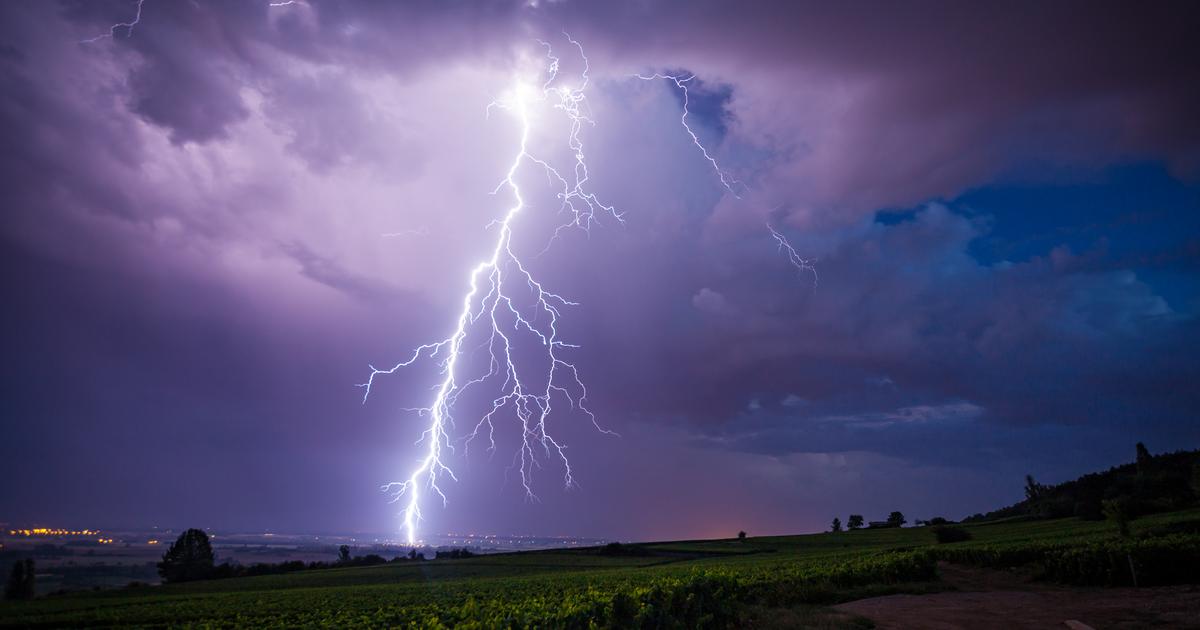Meteorological Trends for Summer 2023: Hotter and Drier Conditions Likely
Summer 2023 is approaching, and recent updates from Météo France indicate that it may be hotter and drier than usual in France. While the meteorological summer begins in June, Météo France's three-month trends, updated recently, forecast a significant probability of elevated temperatures and reduced precipitation in certain regions.
According to Météo France, there is a 50% chance that this summer will be hotter than average across the country. This probability increases to 70% in regions near the Mediterranean. These projections are part of broader trends observed across the European continent, where warm air mass circulation is expected to be more prevalent.
Regarding precipitation, no definitive trends have been identified for the entire country. However, predictions point towards a slightly drier summer in the South and Corsica. Even though these are the most likely scenarios, they do not exclude occasional significant rainfall episodes.
It is important to understand that these forecasts are based on large-scale trends and do not offer precise day-to-day weather predictions. As Météo France explains, such trends cannot determine specific details of weather conditions for the coming months. They mainly provide an average expectation over the quarter, acknowledging that shorter-term events lasting a few days to weeks can only be predicted closer to their occurrence.
Preparation and Impact on Summer Events
The trends, while not conclusive for specific weeks, particularly be of interest due to major events like the Paris Olympics scheduled from July 26 to August 11. Although it is premature to predict week-by-week weather for the summer, understanding the general trends helps in better preparedness.
Heatwaves, which play a crucial role in planning for such events, can only be accurately predicted a few days in advance. This holds especially true considering the challenges brought by global warming. The normals used for these predictions are based on data from the past three decades, already marked by the effects of human-induced climate change.
In conclusion, while Météo France's trends suggest a warmer and potentially drier summer, especially in the Mediterranean regions, they underline the importance of nuanced understanding. The projections are indicative of broader patterns and should not lead to hasty conclusions about extreme conditions without closer examination.
- Météo France's predictions are rooted in comprehensive climate model analyses that consider factors such as oceanic and atmospheric conditions, and sea ice observations. These models provide a framework for estimating the likelihood of conditions close to, below, or above seasonal norms.
- Over recent years, consistent with global climate change trends, summers have increasingly deviated from historical norms. Heat episodes or heatwaves vary in intensity and timing from one summer to the next, making precise long-term predictions challenging.
- Despite these trends, instances of cooler weather within a season remain possible, as illustrated by the fresh breaks observed in the heart of summer 2023.





